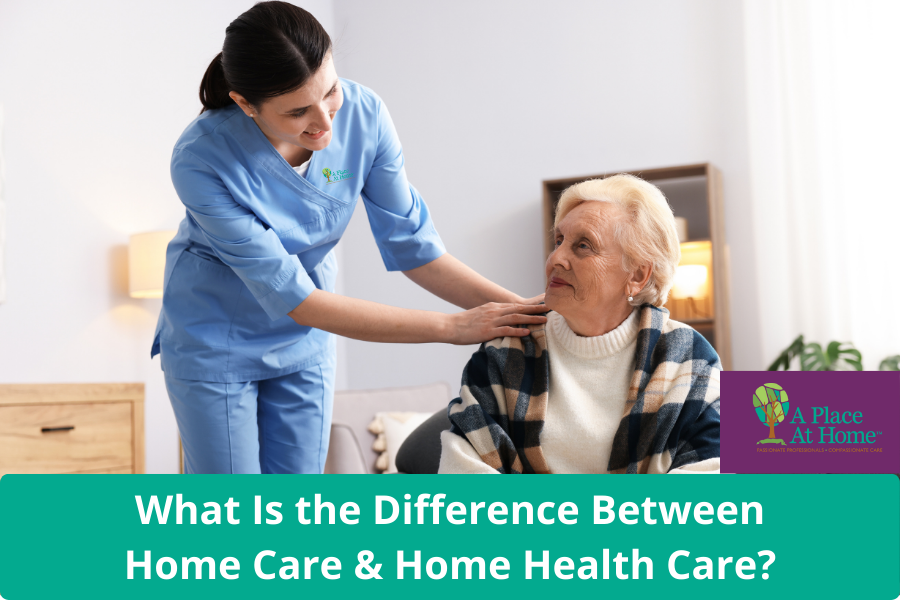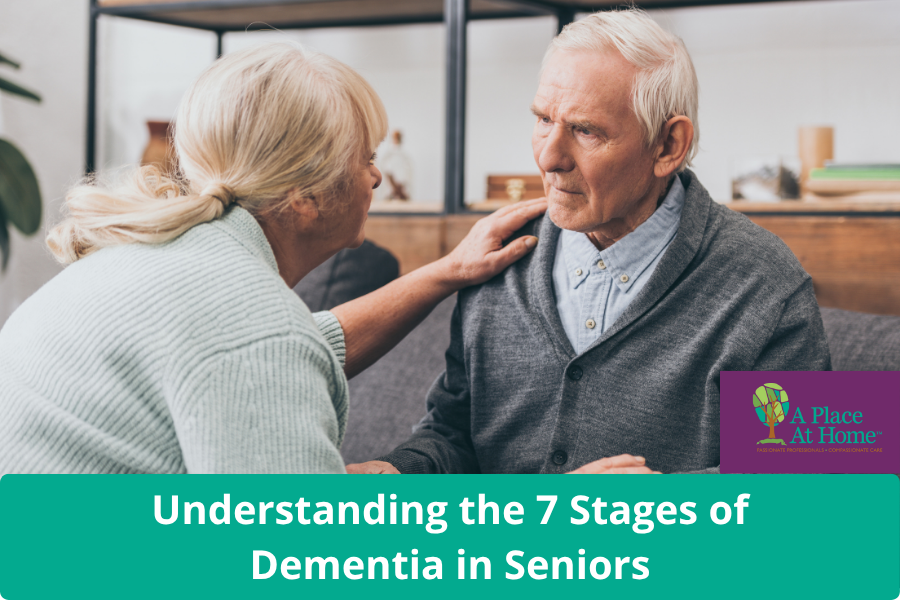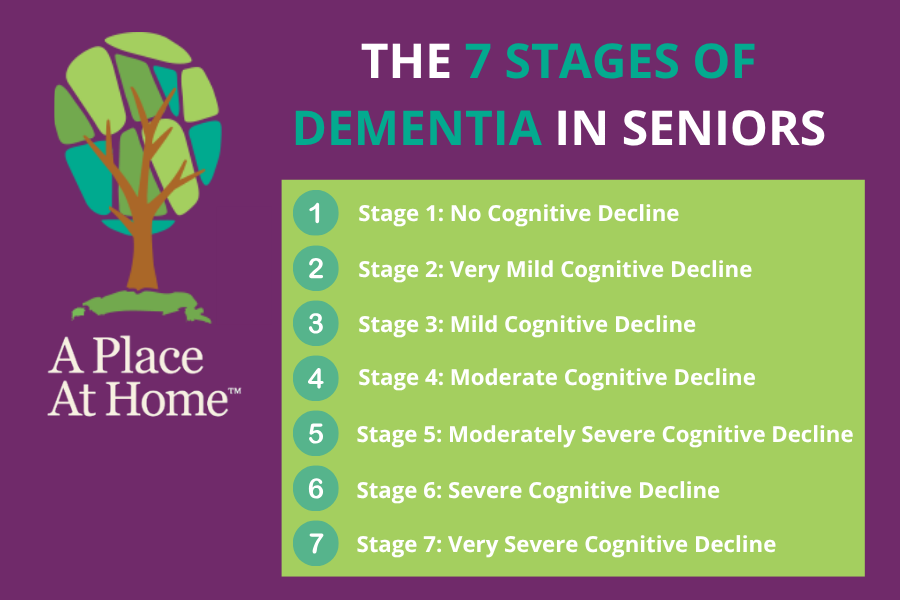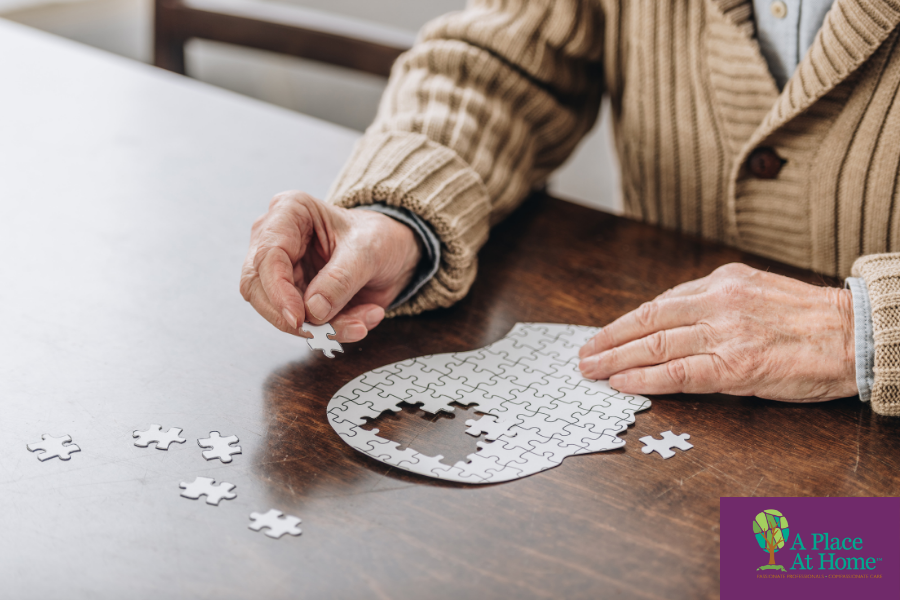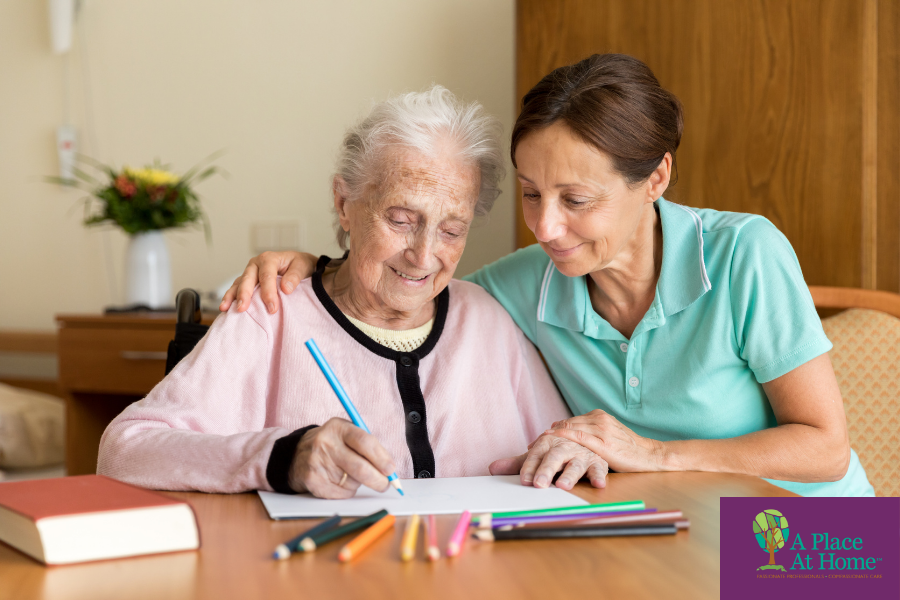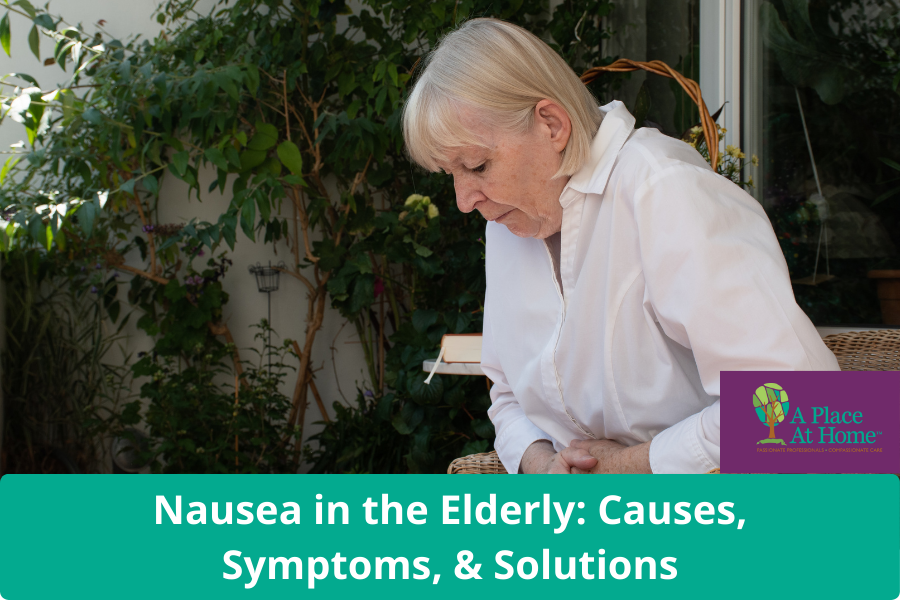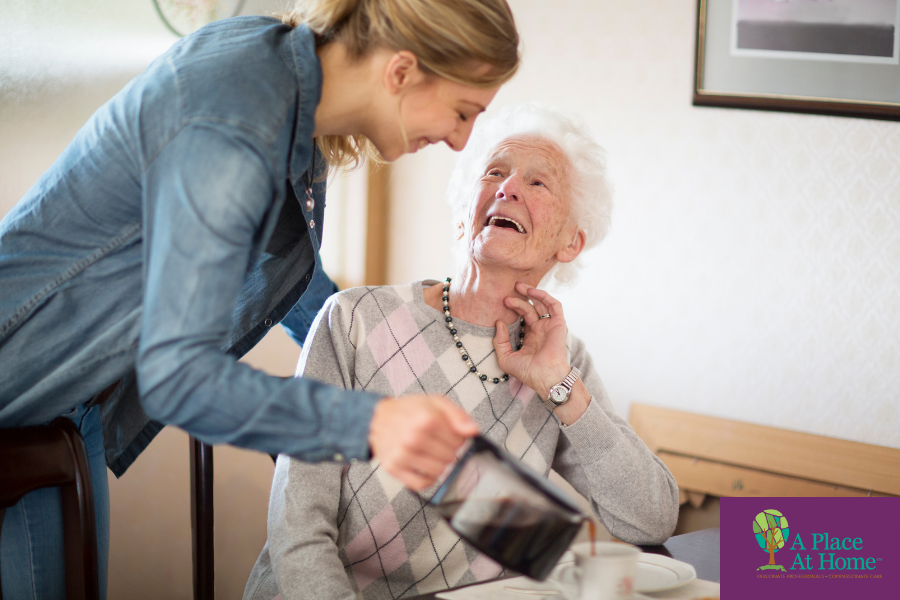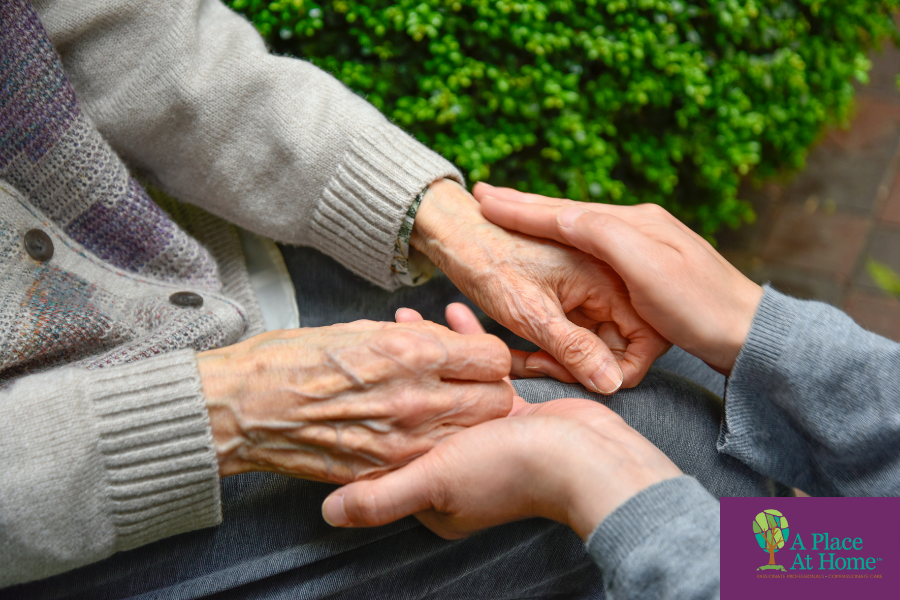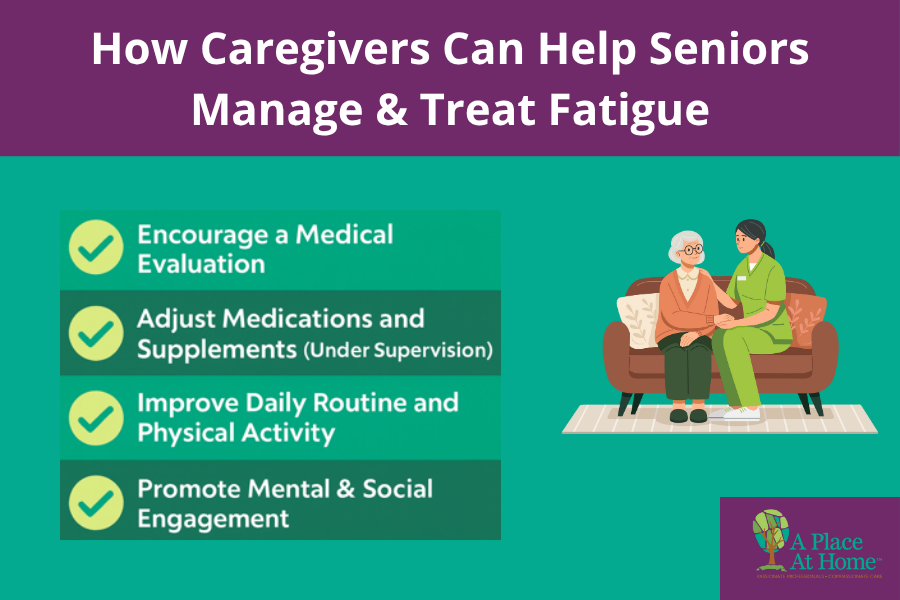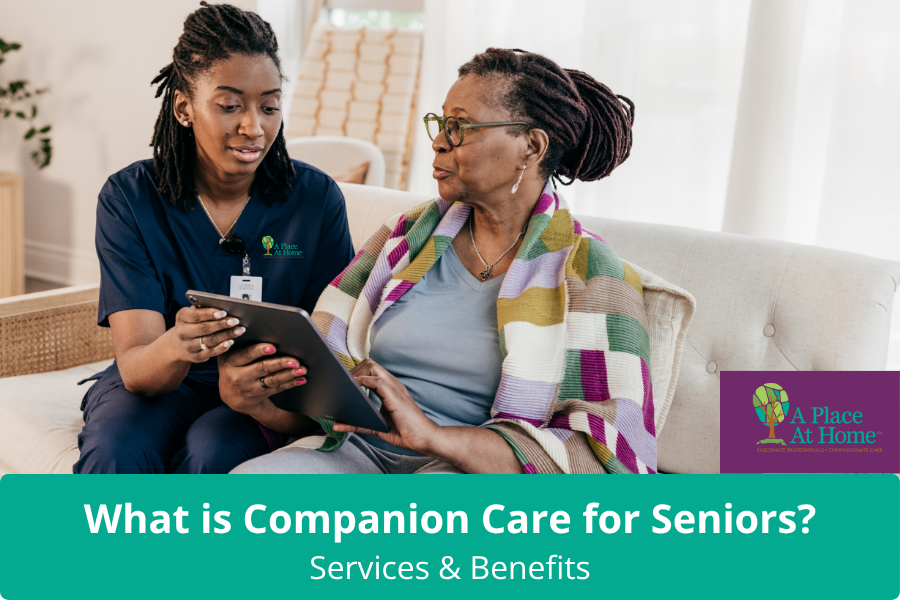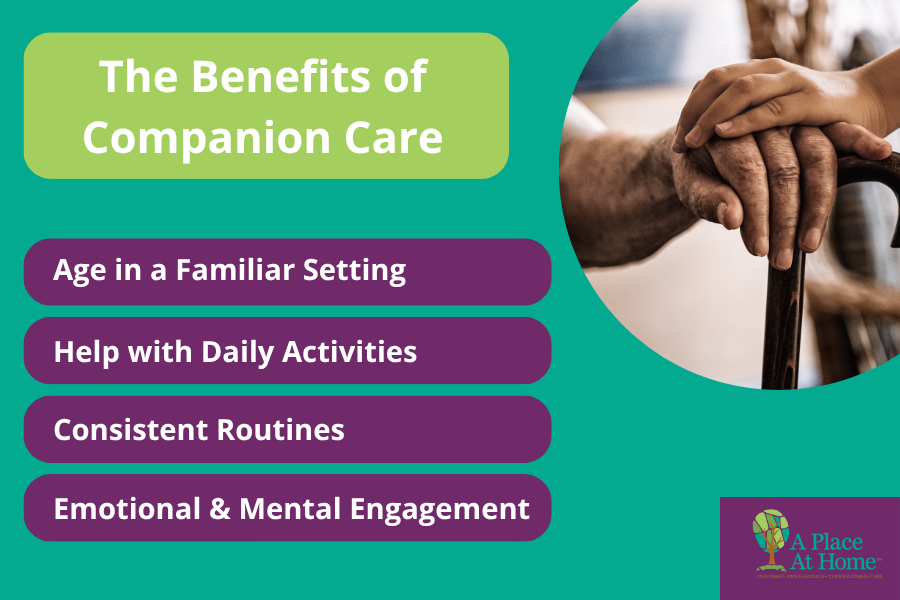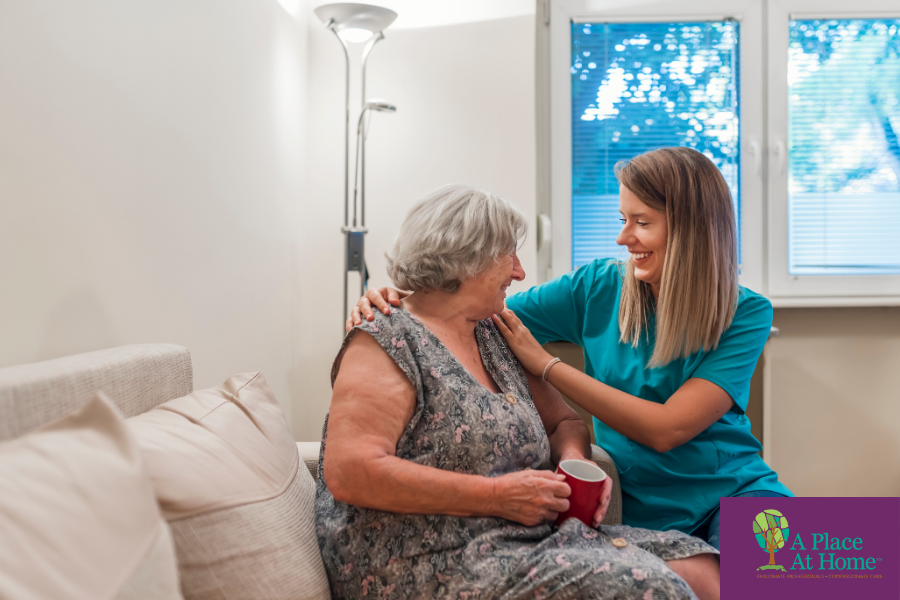Many families find themselves confused by the terms home care and home health care. Although both provide valuable support in the home, they serve very different purposes and meet different needs. Understanding the distinctions between the two is essential for choosing the right type of care for a loved one, considering factors such as the level of medical support required, the types of services offered, and the associated costs. This guide breaks down the differences and offers practical guidance to help families make informed decisions.
What Is Home Care? Non-Medical Support for Seniors
Home care focuses on non-medical support that helps seniors maintain independence and quality of life at home. Caregivers assist with activities of daily living, including:
- Bathing and dressing
- Meal preparation
- Light housekeeping
- Transportation to appointments and social activities
- Companionship to reduce isolation and loneliness
Home care is ideal for seniors who are mostly independent but need minimal daily assistance. Services are flexible and customized, ranging from a few hours per week to 24/7 care, including:
- Respite care for family caregivers
- Overnight or live-in care
- Post-hospital support without medical intervention
Payment options: Home care is usually paid out-of-pocket or through long-term care insurance.
What Is Home Health Care? Skilled Medical Support at Home
Home health care is medically focused and delivered by licensed healthcare professionals, such as nurses, therapists, and certified aides. Services often include:
- Skilled nursing (wound care, injections, medication management)
- Physical, occupational, or speech therapy
- Post-surgical care
- Chronic illness monitoring
Key points about home health care:
- A doctor’s order is required
- Care is time-limited based on medical need
- Typically covered by Medicare, Medicaid, or private insurance if eligibility criteria are met
Home health care is appropriate for seniors who need ongoing medical attention, such as a patient recovering from surgery or managing a chronic condition.
Home Care vs Home Health Care: Side-by-Side Comparison
| Feature | Home Care | Home Health Care |
|---|---|---|
| Type of Care | Non-medical support | Skilled medical care |
| Providers | Trained caregivers (non-licensed) | Licensed nurses, therapists |
| Duration | Flexible, ongoing | Short-term, doctor-directed |
| Cost | Hourly rates, out-of-pocket, or long-term care insurance | Insurance or Medicare/Medicaid; varies by coverage |
| Eligibility | Seniors of all ages and abilities | Seniors who are homebound and have a doctor’s order |
| Common Services | Personal care, companionship, errands, meal prep | Wound care, therapy, and skilled nursing |
The main difference between these two services is that home care services are non-medical, while home health care is centered around skilled medical services. Seniors of all ages and ability levels are eligible to receive home care; however, home health care factors in the patient’s homebound status and is provided only upon a doctor’s order.
Seniors may use home care for any length of time and with varying frequency. In contrast, home health care is time-limited. Home care is provided by non-licensed caregivers, while the care team providing home health care consists of licensed nurses, therapists, and other certified professionals.
Costs differ as well. Home care costs are based on hourly rates. Home health care rates are variable and based on insurance. Most families pay for home care out-of-pocket or use long-term-care insurance. Medicare, Medicaid, or private insurance often covers home health care.
When to Choose Home Care for Seniors
Home care is ideal for seniors who primarily need support with daily living tasks, homemaker services, or companionship that helps reduce isolation and maintain emotional well-being. These individuals are generally safe at home and require only minimal assistance to stay independent. Choosing home care is often a matter of determining whether the goal is to provide supportive supervision rather than skilled medical treatment.
Families can evaluate if home care is the right solution by asking:
- Does the senior need skilled medical care?
- Is the goal of care to provide extra support, supervision, and companionship?
In Palmetto, Florida, our agency tailors personalized home care plans that allow seniors to remain active, comfortable, and engaged in their communities while receiving the support they need.

When to Choose Home Health Care for Aging Adults
Home health care is the appropriate option for seniors who have recently been discharged from the hospital, require wound care, need ongoing therapy, or depend on skilled nursing for managing medical conditions. A physician’s order is always required, and care is provided for a limited duration based on clinical needs.
Families can determine if home health care is necessary by asking:
- Has a physician prescribed medical care at home?
- Are visits from licensed nurses or therapists required?
Home health care often works in tandem with home care. For example:
- A skilled nurse may visit three times a week to manage wound care or medical treatments.
- A non-licensed caregiver can support the senior by preparing meals, assisting with personal hygiene, and performing light housekeeping.
This collaborative approach ensures seniors receive comprehensive care, combining medical expertise with daily support.
Cost and Coverage Considerations
Home care is less expensive than home health care. In 2024, national home care costs averaged $30 per hour; however, costs vary depending on how much care is received. The average 24/7 home care rate is $18,444 a month, but can be significantly higher or lower based on geographic location.
When criteria are met, home health care is often covered by Medicare, Medicaid, or private insurance. It’s important to verify eligibility and insurance to find the most affordable route. Ask home care providers for transparent pricing, check what services are included, review agency credentials, and request a history of rate increases.
Questions to Ask Providers
Choosing the right provider is critical. Families should ask the following:
Key Questions For Home Care Providers
- What services are included, and what is the caregiver’s experience?
- How flexible is scheduling, and is backup care available?
- Can you provide references from current or past clients?
Key Questions For Home Health Care Providers
- Which licensed professionals are part of the care team?
- How is progress tracked and communicated to families?
- How is the care plan monitored, and what are the discharge criteria?
Asking these questions ensures seniors receive consistent, professional, and safe care tailored to their needs.
How to Make the Transition / What to Expect
Transitioning from hospital or home health care to ongoing support requires preparation. Families should:
- Discuss the senior’s condition and care needs with potential home care agencies.
- Organize medical records, insurance information, and medication lists.
- Create a home safety checklist to prevent accidents and ensure comfort.
- Coordinate with physicians, therapists, and caregivers to develop a comprehensive care plan.
Families can expect:
- An initial assessment and personalized care plan
- Coordination with medical professionals
- Regular evaluations and updates to the care plan as needs evolve
Proper planning ensures seniors receive continuous care, helping them remain safe, comfortable, and independent during the transition.

Senior Home Care from A Place At Home – Palmetto
Choosing between home care and home health care is important, but you don’t have to navigate it alone. At A Place At Home – Palmetto, we provide compassionate, dependable in-home support tailored to each senior’s unique needs.
Whether your family is exploring care for the first time or transitioning from home health services, our team is here to guide you every step of the way. Contact A Place At Home – Palmetto today to schedule a free consultation and learn how our senior home care services can help your loved one stay safe, comfortable, and independent at home.
Frequently Asked Questions (FAQs)
Can a senior receive both home care and home health care at the same time?
Yes. Many seniors benefit from both services simultaneously. A home health nurse can manage medical needs, while a home care aide helps with daily tasks, meal preparation, and companionship. This combination ensures comprehensive support.
How do I know if my loved one needs home care or home health care?
Consider whether your loved one requires skilled medical attention or daily living support. If a doctor has prescribed nursing or therapy services, home health care is needed. If the senior primarily needs help with errands, hygiene, or companionship, home care is appropriate.
Can home care help seniors with dementia?
Yes. Home care aides provide compassionate support for seniors with dementia, including assistance with daily routines, reminders, companionship, and activities that engage memory and cognitive function.

